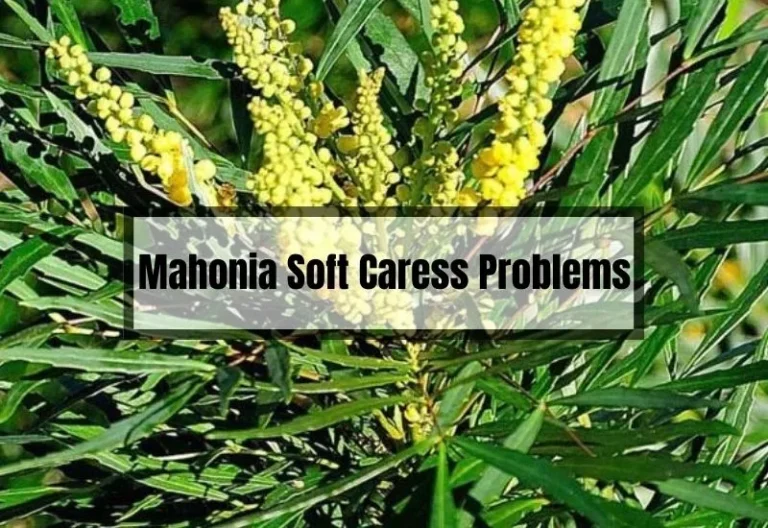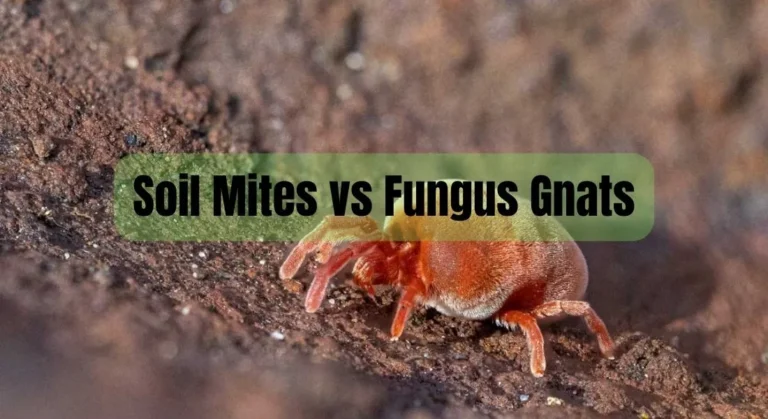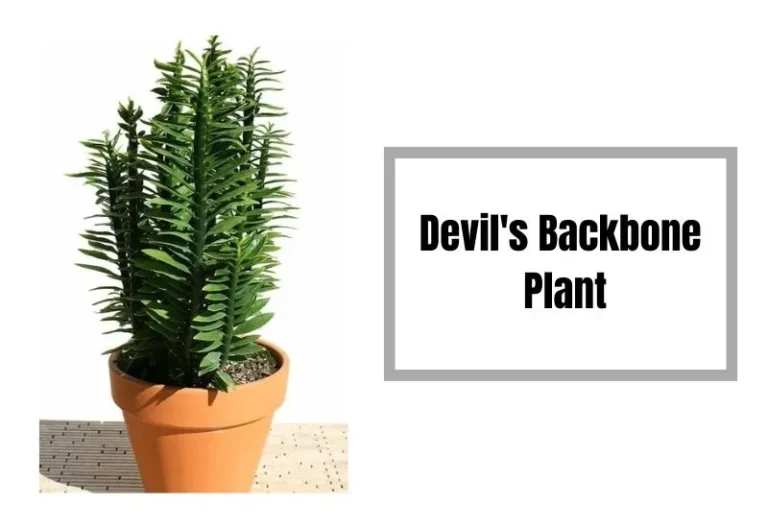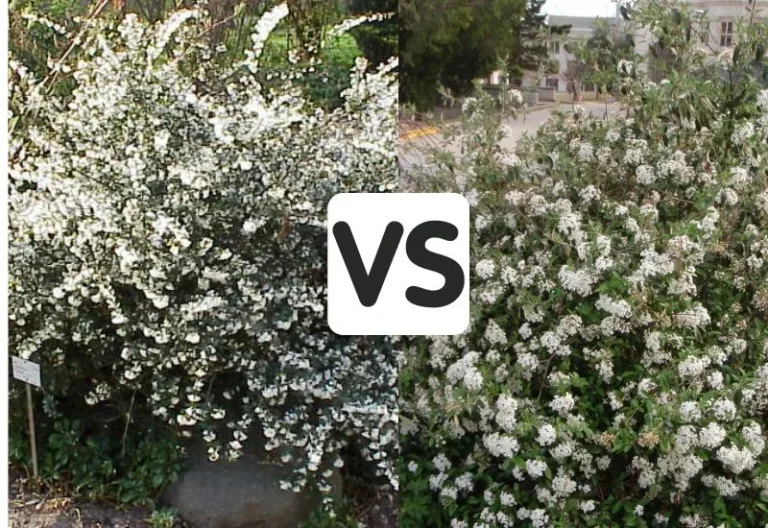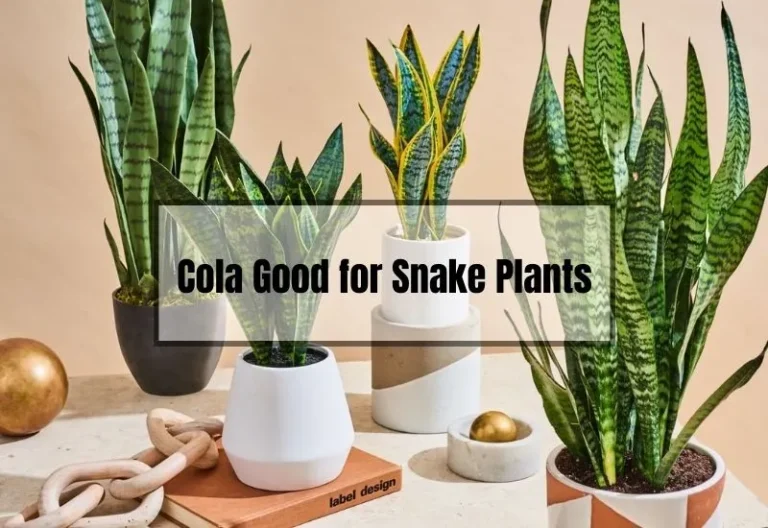Is Lemonade Good for Plants? Exploring the Benefits and Risks
Have you ever wondered if lemonade can benefit your plants? While lemon juice has established applications in gardening, such as weed treatment and soil pH balancing, the potential use of lemonade as a plant fertilizer is a bit more complex.
Lemonade, being derived from lemon juice, contains various nutrients that can aid in plant growth when properly diluted. However, its high acidity can be harmful if not used cautiously.
In this article, we’ll explore the effects of lemonade on plants, consider alternative natural fertilizers, and provide guidance on using lemonade effectively in your garden.
Key Takeaways
- Lemonade can be beneficial to plants when properly diluted.
- Lemonade provides nutrients such as potassium, phosphorus, and magnesium.
- Alternative natural fertilizers exist that can also benefit plant growth.
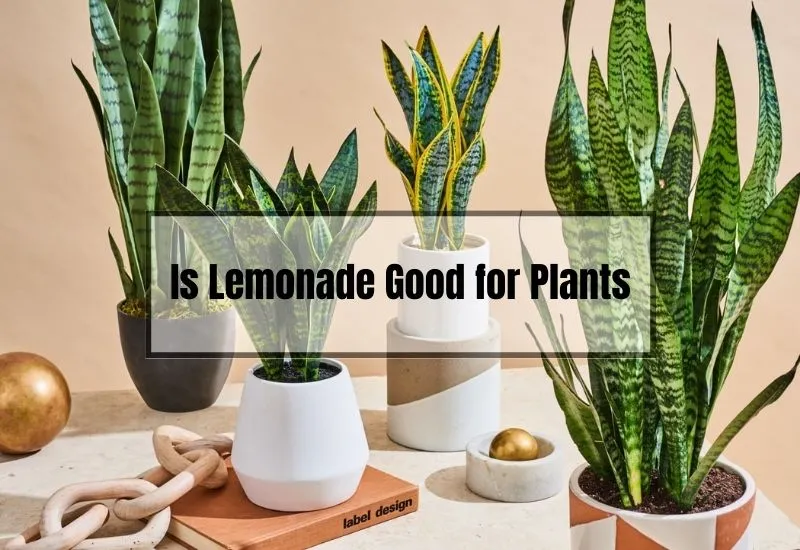
Is Lemonade Good for Plants?
You might be wondering if lemonade is good for your plants. Well, the answer is yes, but it depends on how you use it.
Lemonade contains citric acid, which can help lower the pH level of your soil. This is especially beneficial for acid-loving plants such as blueberries, azaleas, and rhododendrons. However, you should dilute the lemonade before using it on your plants. Pure lemon juice can actually harm your plants, so it’s important to mix it with water.
Additionally, lemonade can be used as a natural insecticide. The citric acid in lemonade can help repel pests such as ants, aphids, and whiteflies. To use lemonade as an insecticide, mix one part lemonade with three parts water and spray it on your plants.
It’s important to note that lemonade should not be used as a substitute for proper fertilization. While lemonade can help lower the pH level of your soil, it does not provide the necessary nutrients that plants need to grow and thrive.
Effects of Lemonade on Plant Growth
You might be wondering if lemonade is good for your plants. Lemonade is a sweet and tangy drink that can be refreshing on a hot day. But, does it have any effect on plant growth? Let’s take a closer look.
Balancing Soil pH Levels
The pH level of your soil plays a significant role in your plants’ health and growth. If your soil is too alkaline (with a pH above 7), you can use diluted lemon juice to bring it back to a neutral or slightly acidic level, which is beneficial for acid-loving plants.
However, adding too much lemon juice can make the soil too acidic, which can harm your plants. Therefore, it is essential to use lemonade in moderation to avoid damaging your plants.
Effects of Acid Rain
Acid rain occurs when pollutant gases rise into the sky and become trapped in moisture-heavy clouds. When it rains, these pollutants mix with the water and fall to the ground, creating acidic soil.
Pure lemon juice can kill a plant, but when mixed with water, you can see the effects of acid rain on your plants. Further diluted with water, lemonade can benefit acid-loving plants like citrus.
Weed Treatment
Lemon juice can be used as an organic weed killer. Take four ounces of lemon juice and mix it with one quart of white vinegar.
Mix well, fill in a spray bottle, and spray it on weeds. It will kill the wild growth by reducing the pH levels.
So, next time you have leftover lemonade, consider using it in your garden to give your plants a little boost.
Alternative Natural Fertilizers
If you’re looking for alternative natural fertilizers for your plants, you’re in luck! There are plenty of options that you can make at home using items you probably already have on hand. Here are some of the best alternatives to chemical fertilizers:
Compost
Compost is a great natural fertilizer that you can easily make at home. All you need is a compost bin or pile, and you can start turning your kitchen scraps and yard waste into nutrient-rich soil for your plants.
Compost is full of organic matter and beneficial microorganisms that can help your plants grow strong and healthy.
Epsom Salt
Epsom salt is a great source of magnesium, which is an essential nutrient for plants. You can add Epsom salt to your soil to help your plants grow larger and produce more fruit. Simply mix a tablespoon of Epsom salt with a gallon of water and use it to water your plants.
Coffee Grounds
Coffee grounds are a great source of nitrogen, which is essential for plant growth. You can sprinkle coffee grounds around the base of your plants or mix them into your soil to help your plants grow strong and healthy. Just be sure to use them sparingly, as too much nitrogen can burn your plants.
Eggshells
Eggshells are a great source of calcium, which is essential for strong plant growth. You can crush up eggshells and sprinkle them around the base of your plants or mix them into your soil to help your plants grow strong and healthy.
Fish Emulsion
Fish emulsion is a great natural fertilizer that is high in nitrogen, phosphorus, and potassium. You can buy fish emulsion at your local garden center or make your own by blending fish scraps with water. Use fish emulsion to water your plants or spray it directly on the leaves for a quick nutrient boost.
Banana Peels
Banana peels are a great source of potassium, which is essential for plant growth. You can chop up banana peels and bury them in your soil to help your plants grow strong and healthy. Just be sure to chop them up finely so that they break down quickly.
Grass Clippings
Grass clippings are a great source of nitrogen, which is essential for plant growth. You can sprinkle grass clippings around the base of your plants or mix them into your soil to help your plants grow strong and healthy. Just be sure to let the grass clippings dry out before you use them, as wet grass clippings can attract pests.
Wood Ash
Wood ash is a great source of potassium, which is essential for plant growth. You can sprinkle wood ash around the base of your plants or mix it into your soil to help your plants grow strong and healthy. Just be sure to use wood ash sparingly, as too much can raise the pH of your soil.
Worm Castings
Worm castings are a great natural fertilizer that is full of beneficial microorganisms. You can buy worm castings at your local garden center or make your own by starting a worm bin. Use worm castings to mix into your soil or sprinkle around the base of your plants for a quick nutrient boost.
Now that you know some of the best natural fertilizers for your plants, you can start using them to help your plants grow strong and healthy. Just remember to use them sparingly and always follow the instructions carefully.
How to Use Lemonade as a Plant Fertilizer
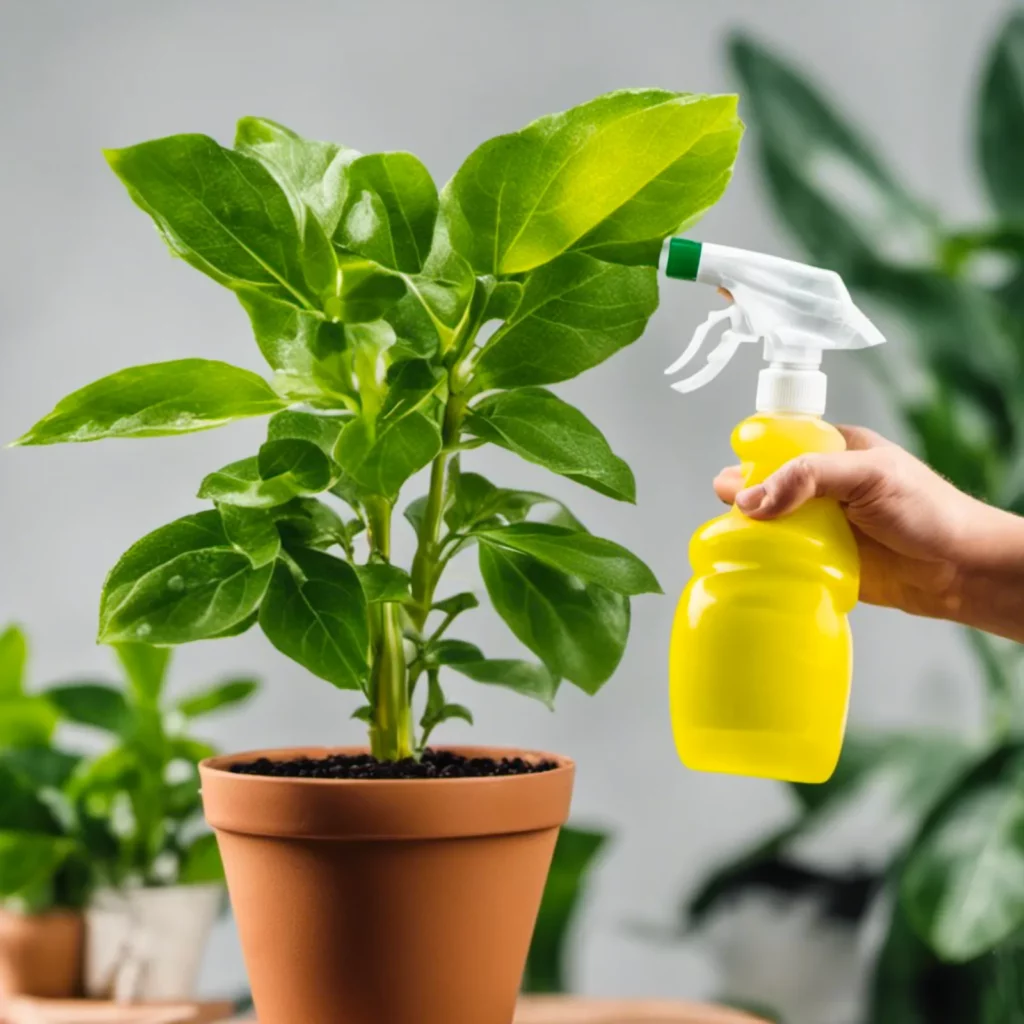
If you’re looking for a natural and cost-effective way to fertilize your plants, lemonade might be the answer you’re looking for. Here’s how to use lemonade as a plant fertilizer:
Step 1: Make Lemonade
To make lemonade, you’ll need lemons, sugar, and water. Squeeze the juice out of the lemons and mix it with sugar and water. The amount of sugar and water you use will depend on your personal preference. Once you’ve mixed the ingredients together, you’ll have homemade lemonade.
Step 2: Water Your Plants
Once you’ve made your lemonade, you can use it to water your plants. Pour the lemonade into a watering can and water your plants as you normally would. The lemonade will provide your plants with nutrients like potassium, phosphorus, and nitrogen, which are essential for healthy plant growth.
Step 3: Monitor Your Plants
After you’ve watered your plants with lemonade, monitor them closely to see how they respond. If you notice any adverse effects like wilting or discoloration, stop using lemonade as a fertilizer. However, if your plants seem to be thriving, you can continue using lemonade as a natural and cost-effective fertilizer.
Tips for Using Lemonade as a Plant Fertilizer
- Use homemade lemonade instead of store-bought lemonade, which may contain additives and preservatives that can harm your plants.
- Dilute the lemonade with water before using it as a fertilizer. Lemonade that’s too concentrated can burn your plants.
- Use lemonade as a fertilizer once a month during the growing season.
- Lemonade is most effective as a fertilizer for acid-loving plants like azaleas, blueberries, and rhododendrons.
Repelling Spiders with Lemon
Not a fan of spiders hanging around your garden? Lemon juice and peels can be an effective and natural spider repellent. To create a lemon-based spider repellent spray, mix 10-14 drops of lemon juice in a cup of water, along with 8-10 drops of peppermint oil.
Spray the mixture around spider webs to keep them at bay. Another option is to cut a lemon in half, insert cloves into the lemon halves, and place them near spider-infested areas to repel these eight-legged intruders.
Frequently Asked Questions (FAQs)
Can I use store-bought lemonade for gardening purposes?
While store-bought lemonade may work in some cases, it often contains added sugars and preservatives that may not be beneficial for your plants. It’s best to use freshly squeezed lemon juice diluted with water for optimal results.
Are there any plants that should not be exposed to lemon juice or lemonade?
Some plants may be sensitive to the acidity of lemon juice or lemonade. It’s essential to research your specific plants’ needs and conduct a small test on a leaf or small section of the plant before applying lemon solutions to the entire plant.
Can I use other citrus fruits for similar gardening benefits?
Yes, other citrus fruits like oranges and grapefruits can provide similar benefits in the garden. However, their acidity levels and nutrient contents may differ, so it’s essential to research their specific effects and adjust your gardening practices accordingly.
How often should I apply lemon juice or lemonade solutions to my plants?
The frequency of application depends on the specific use and the needs of your plants. For example, when using lemon juice for pH balancing, a monthly application might be sufficient. Always monitor your plants’ health and adjust your practices based on their response to the lemon solutions.
Are there any risks to using lemon-based solutions in the garden?
While lemon-based solutions can be beneficial, it’s important not to overuse them or apply them to sensitive plants. Excessive acidity may harm some plants, so it’s crucial to follow the recommended dilution rates and application frequencies for each use case.
Conclusion
So, is lemonade good for plants? When properly diluted, it can provide some benefits similar to those of lemon juice. As we’ve discovered, lemon juice, lemonade, and lemon peels can be incredibly useful in gardening, from boosting germination rates and balancing soil pH levels to repelling pests and cleaning garden tools.
So, why not give these lemon-based solutions a try in your own garden? Just remember to do your research and adjust your practices based on your plants’ needs. Happy gardening, everyone!

